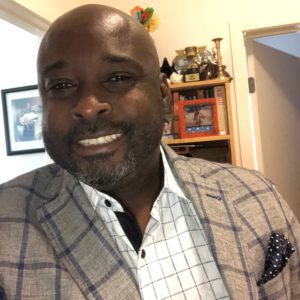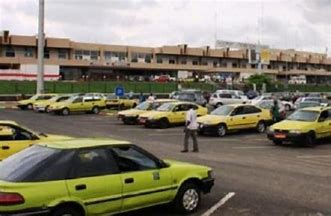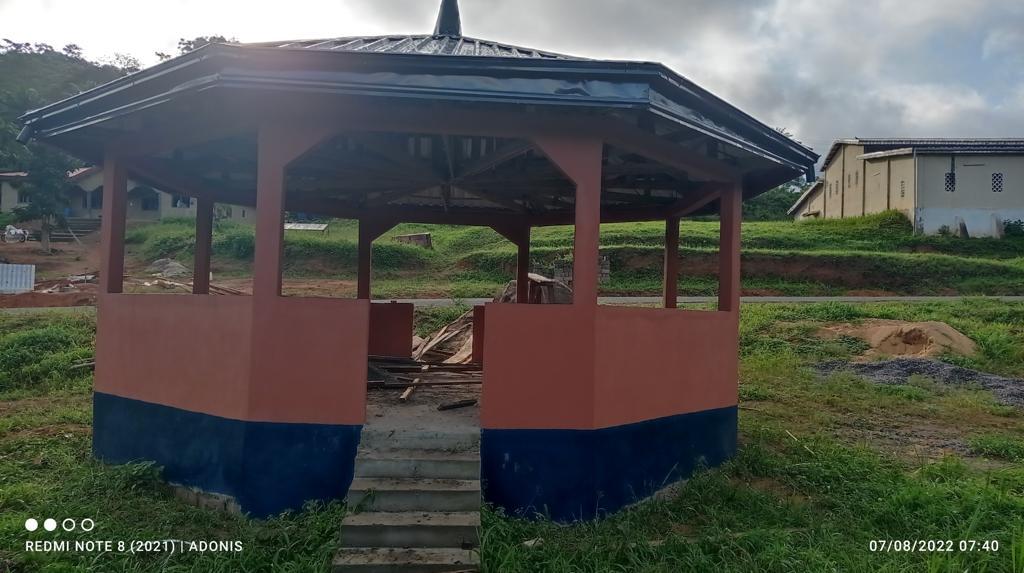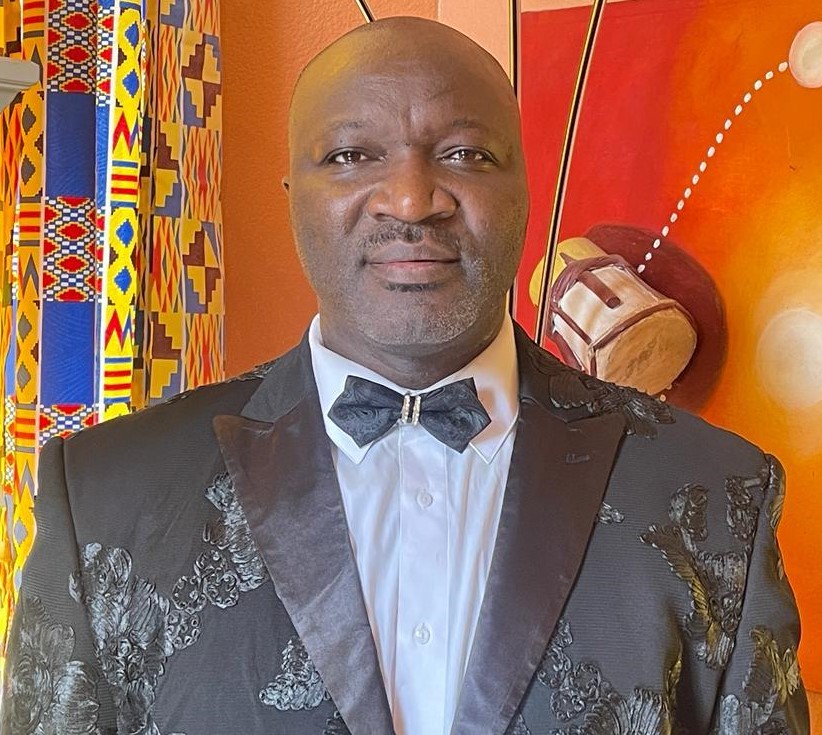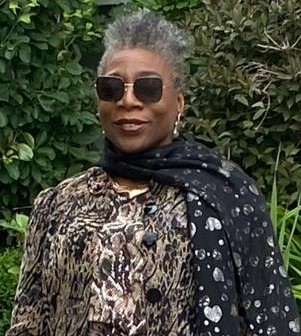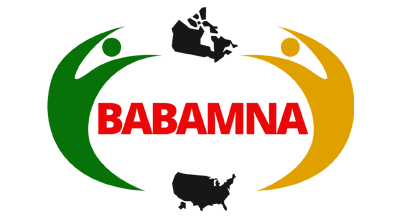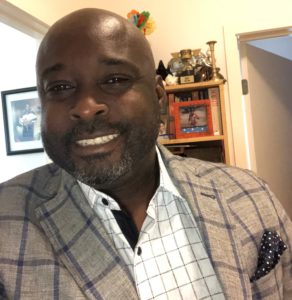
While in many progressive Western circles, the dominant issue worth talking about is the environment, the fact remains that in many parts of the world, and specifically in Africa, poverty, socio-economic inequalities are still and will continue to be for a long time the central issues to sustainable human development. More than 3 billion human beings in this world, out of 7.9 billion, live in absolute poverty.
A contrasting picture
Africa offers a contrasting picture when it comes to sustainable human development. On the bright side, African economies are on the move.
In many aspects, Africa’s economic pulse has quickened, infusing the continent with new economic vibrancy and sense of possibilities. The continent is home to 6 out the top 10 fastest growing economies worldwide.
Contrary to what one might think, Africa’s increasingly positive situation is more than a resource boom. African’s changing mentalities and attitudes are shaping a new picture. It is Fueled by Afrocentrism and changing perception of who African are as a people. Most importantly, the unbelievable ability of African entrepreneurs to find workable solutions despite an extremely adversarial environment that has led Africa to this positive path. The fast spread of new technologies is allowing the continent to communicate instantly with the rest of the world.
While this dynamism should inspire hope, Africa is also home to the majority of those living in poverty. Under current projections, 88 percent of the world’s poorest are expected to live in Africa (some 414 million people) by 2030. Unless there is a noticeable transformation in leadership, most African countries will probably only make modest gains. In fact, if current trends persist, by 2030 the top 10 poorest countries in the world will all be African—both in terms of absolute numbers and share of extreme poor as a percentage of the total population.
As an example, resource-rich OPEC member, Nigeria, is now widely considered to have the highest number of people living in extreme poverty on the planet and may well see an increase in poverty rates by 2030 as its population continues to grow. Nigeria and the Republic Democratic of Congo another resource-rich country, are on the path to host 50 percent Africa’s poorest.
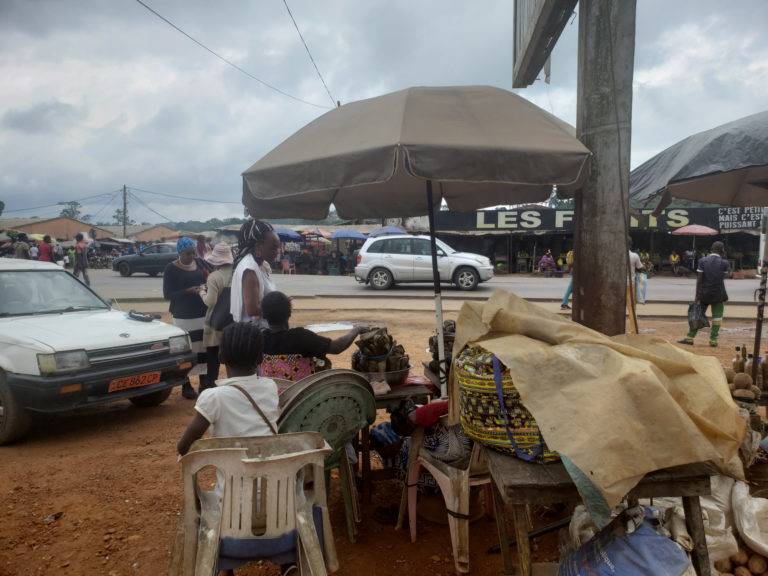
On the other hand, Ethiopia, the poster child of famine in the 1980s, is now expected to eradicate extreme poverty by 2029. Ghana a country with a functioning democracy is expected to follow soon thereafter in the same year. Rwanda emerged from a genocide and history of violence to become one of the symbols of Africa’s dynamism and renaissance. These are living proofs that, with the right investment on human capital, with compassionate and efficient leadership, significant and substantial progress is possible within a relatively short amount of time.
If anything, these dynamic examples show that Africa is in a unique situation to offer opportunities and facilitate lasting and profound changes. The noticeable difference between these countries is leadership not natural resources. Nigeria and the Democratic Republic of Congo are among the richest countries in term of natural resources. They are also the poster child of poor governance, corruption, and the lasting impact of the colonial mentality of exploitation and extraction. A transformational leadership in these two countries alone has the potential to emphatically impact the entire continent. The diaspora can play a crucial role in this case.
The African Diaspora a decisive force in shaping new possibilities
An engaged and organized African diaspora can emerges as the decisive force that can help stabilize the continent, both politically and economically. The members of Africa’s diaspora, who, according to the African Union Commission are “people of African origin living outside the continent, irrespective of their citizenship and nationality and who are willing to contribute to the development of the continent and the building of the African Union.”, bring a distinct perspective to the discourse on Africa .
Based on this definition, the African diaspora is spread out across the continents. In North America, there are 39 million, 113 million in Latin America, 13.6 million in the Caribbean and 3.5 million in Europe, all who are peoples of the African Diaspora. Collectively, they represent an economic power estimated to at $2.6 trillion.
These members of the diaspora can serve as a bridge in fostering greater understanding and shaping new possibilities between the continent and the world by building new coalitions with external progressive forces and the progressive forces within Africa.
This is the path taken by Mbai Bassa Community a northern California based organization dedicated to breaking the cycle of poverty and inequity by promoting educational excellence and a safe learning environment for children as well as investing in clean water, primary healthcare centers and other basic infrastructures. Mbai Bassa Community works with individuals, companies and other organizations that share similar interests.
Indeed, Africans in the diaspora have so much to offer the continent. They can also contribute to shape the transformation Africa needs. By leveraging the skills, experience, and resources that the African Diaspora possesses, this group is uniquely positioned to contribute to boost economic growth and prosperity in Africa. Harnessing the talents and expertise of the African Diaspora can help to bolster Africa’s economic, image and leadership.
Members of the diaspora can bring their talent, experience, skills, and technological know-how to furthering economic progress in Africa. Many Africans in the diaspora want to eventually go back home after living abroad. However, one of their biggest concern is finding suitable employment once they return. Why not create these jobs themselves?
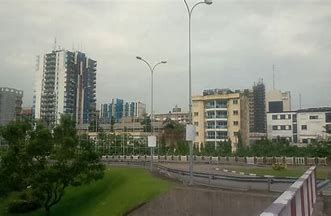
While skilled professionals from the African Diaspora are recognizing the tremendous opportunities that exist in Africa, they must come up with creative ways of investing in Africa’s emerging markets and launching African-led businesses and enterprises to create well-needed jobs and spur economic growth. An emerging platform called Umra coffee is leading such an effort.
The need to have a transformational vision, sound strategy and effective communication is just as important. The members of the diaspora can help dispel myths and stereotypes about Africa to change the narrative and set the stage for increased success. Since in many ways perception is reality, they can serve as “brand ambassadors” to channel a new narrative and perception. This is the effort made by KISA Institute, a Pan-African organization based in the USA.
Toward a human-centered type of enterprise
Finally, at a time when the future of the planet is in question, when inequalities and social injustices are threatening to destroy the social fabric of democratic nations,
economic growth and job opportunities will not be enough to measure Africa’s success. The diaspora, and allies must learn from mistakes made by the West and move away from a colonial and predatory mentality of exploitation, corruption, and extraction, which are destroying societies and only benefits a small number of exploiters and profiteers both locally and internationally.
A successful Africa must be defined by a leadership model guided by solidarity, ethics, and a culture of delivering tangible results for the wellbeing of its people.
A model that is centered around individual and common fairness. Clearly, the task is not an easy one, but for those bold souls who are willing to rise to the challenge, the moment is calling for them.
References
- 2012. Niger: Investing for Prosperity: A
Poverty Assessment. Washington, DC. - 2013. “Burkina Faso: A Policy Note:
Poverty Trends and Profile for 2003–2009.”
World Bank, Washington, DC. - 2015. A Measured Approach to End-
ing Poverty and Boosting Shared Prosperity:
Concept, Data and the Twin Goals. Policy
Research Report, World Bank, Washington,
DC.
